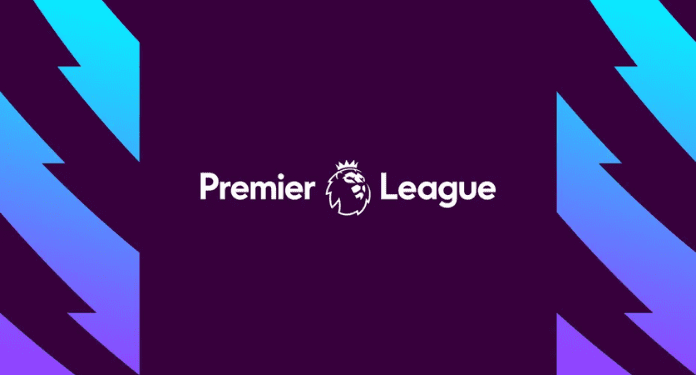Premier League clubs agreed yesterday, April 13, to pull sponsorships from bookmakers from the front of their shirts, becoming the first UK sports league to voluntarily take such a step in order to in order to reduce advertising with gambling.
The announcement follows extensive consultation involving the league, its clubs and the Department for Culture, Media and Sport as part of the government’s ongoing review of current iGaming legislation. The Premier League is also working with other sports to develop a new code for sponsoring gambling responsibly.
To help clubs transition from sponsorship with bookmakers on the front of the shirt, the collective agreement will start at the end of the 2025/26 season. All teams will have enough time to make the necessary contract changes for a smoother and more structured process.
Current Premier League bookmaker sponsorships
This season, 8 of the 20 Premier League participating clubs have a betting company as their master sponsor. The contracts of Fulham and Newcastle, which also have betting companies as sponsors, expire at the end of the 2022/23 season.
On the other hand, the clubs known as the ‘Big Six’, which include Manchester United, Manchester City, Liverpool, Arsenal, Chelsea and Tottenham, do not display sponsorships from betting companies in their prime spaces.
47% of Premier League bettors see betting as ‘part of the Saturday routine’
A survey conducted by YouGov Direct into Premier League betting habits revealed interesting statistics about the attitudes and behavior of British gamblers.
On August 3, the survey surveyed 1,700 British gamers, with data weighted according to age, gender, educational level, region and social class. The filtered sports bettors sample included 637 adults.
Survey results indicated that three-fifths of respondents who were defined as punters (people who have placed a bet on any sport in the last 12 months) are likely to bet on the current Premier League season.
Around 47% of respondents consider Premier League betting to be part of their usual weekend routine, with just 22% expecting to win more money than they lose.




















































